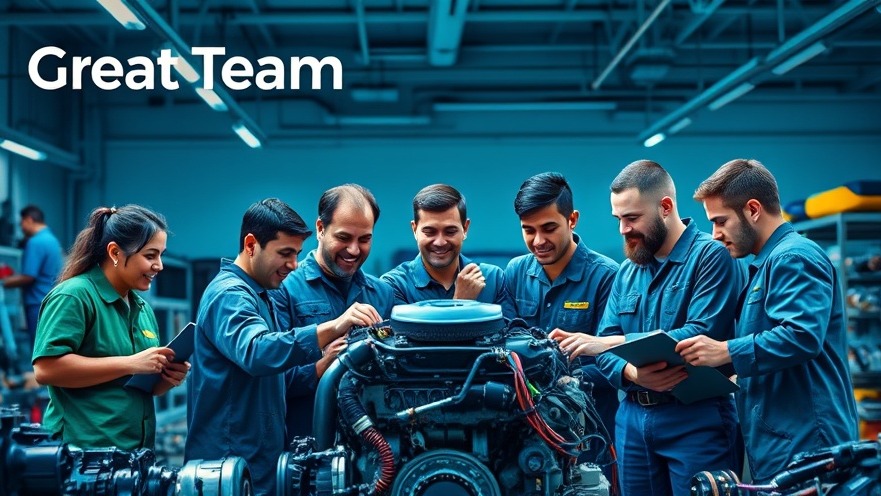
Understanding the Facets of Micromanagement
Micromanagement, characterized by an over-involvement in employees' tasks, is a familiar hurdle in many workplaces. It is marked by excessive scrutiny, with managers often delving into minute details of their subordinates' work. This management style can stifle creativity and productivity. For example, nearly 60% of workers in a recent survey expressed their desire to find new jobs, primarily due to poor management. This statistic raises an alarm about how micromanagement can considerably affect workplace morale and overall job satisfaction.
The Ripple Effect on Employee Morale
Certainly, micromanagement impacts not only the immediate task but also the wider workplace atmosphere. Eduardo Castillo, a repair shop owner, shared, "When my previous manager hovered over every task, it created a culture of fear and anxiety among my team. We felt we couldn't move without approval." This sentiment resonates with 68% of those who reported being micromanaged, indicating a significant decrease in employee morale. Effective leadership should foster an environment where employees feel empowered rather than suffocated.
Strategies to Manage Micromanagers
So, how can auto repair shop owners effectively deal with micromanagers? One approach is to establish clear communication channels. Schedule regular updates to keep the manager informed without the need for constant intervention. Setting mutual expectations can alleviate tensions. For instance, agree on deadlines and check-in schedules that respect both parties’ time. These choices not only assuage micromanagement tendencies but also build trust.
Fostering a Supportive Work Culture
Lastly, fostering a supportive work environment is crucial. As an owner, provide training that emphasizes the importance of delegation and trust in employees. Encourage an open-door policy that invites feedback, wherein employees feel safe to share their thoughts about management styles. This dynamic shift can lead to a more collaborative and less constrained workplace, transforming potential conflicts into growth opportunities.
Recognizing the signs of micromanagement is essential for maintaining a productive work dynamic. By adopting proactive strategies and fostering communication, auto repair shop owners can navigate the challenges posed by micromanagers, benefitting both employees and the business as a whole.
 Add Row
Add Row  Add
Add 




Write A Comment